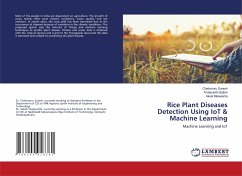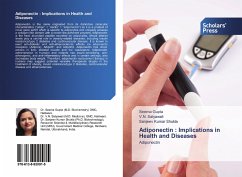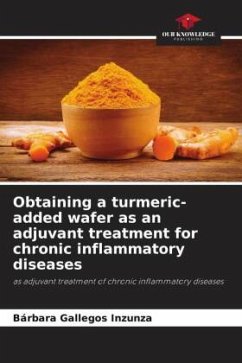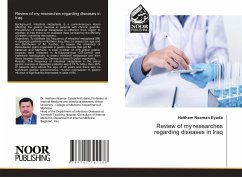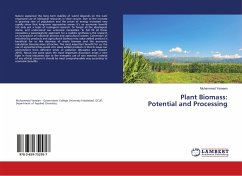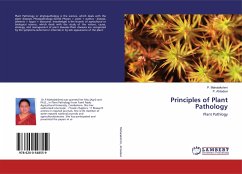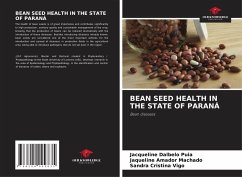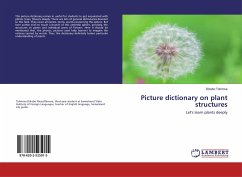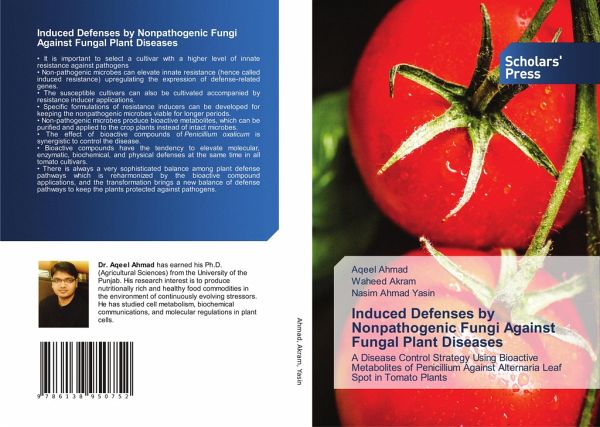
Induced Defenses by Nonpathogenic Fungi Against Fungal Plant Diseases
A Disease Control Strategy Using Bioactive Metabolites of Penicillium Against Alternaria Leaf Spot in Tomato Plants
Versandkostenfrei!
Versandfertig in 6-10 Tagen
59,99 €
inkl. MwSt.

PAYBACK Punkte
30 °P sammeln!
- It is important to select a cultivar with a higher level of innate resistance against pathogens- Non-pathogenic microbes can elevate innate resistance (hence called induced resistance) upregulating the expression of defense-related genes.- The susceptible cultivars can also be cultivated accompanied by resistance inducer applications.- Specific formulations of resistance inducers can be developed for keeping the nonpathogenic microbes viable for longer periods.- Non-pathogenic microbes produce bioactive metabolites, which can be purified and applied to the crop plants instead of intact micro...
- It is important to select a cultivar with a higher level of innate resistance against pathogens- Non-pathogenic microbes can elevate innate resistance (hence called induced resistance) upregulating the expression of defense-related genes.- The susceptible cultivars can also be cultivated accompanied by resistance inducer applications.- Specific formulations of resistance inducers can be developed for keeping the nonpathogenic microbes viable for longer periods.- Non-pathogenic microbes produce bioactive metabolites, which can be purified and applied to the crop plants instead of intact microbes. - The effect of bioactive compounds of Penicillium oxalicum is synergistic to control the disease. - Bioactive compounds have the tendency to elevate molecular, enzymatic, biochemical, and physical defenses at the same time in all tomato cultivars.- There is always a very sophisticated balance among plant defense pathways which is reharmonized by the bioactive compound applications, andthe transformation brings a new balance of defense pathways to keep the plants protected against pathogens.



